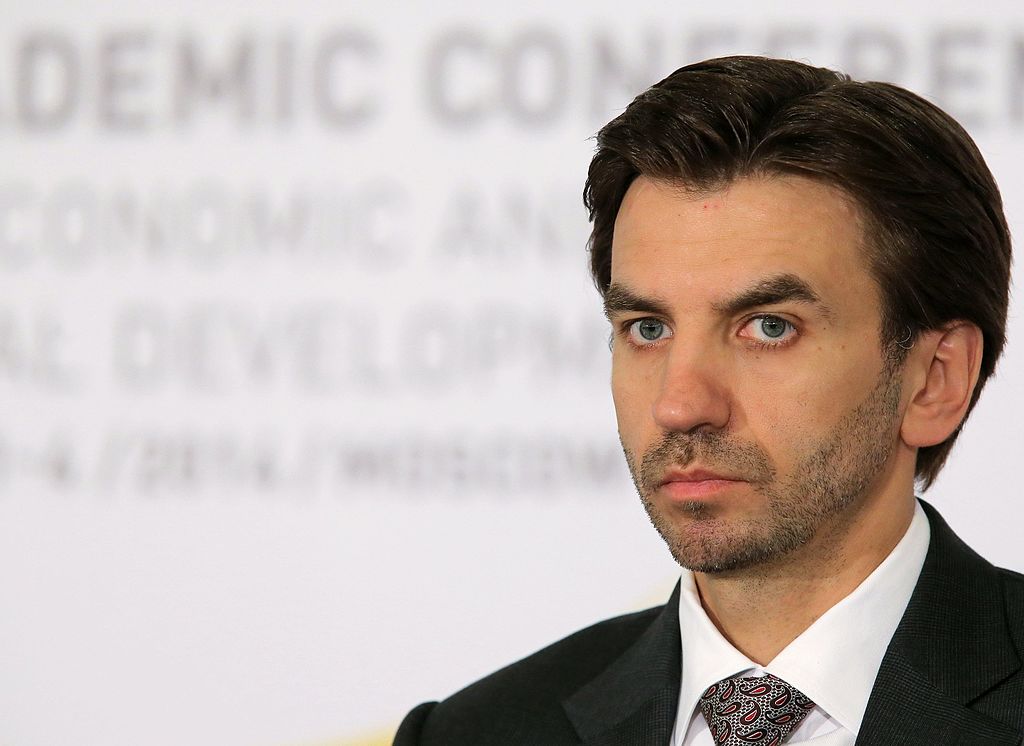Organised crime in Russia
Four major trials are underway in Moscow under Article 210 of the Criminal Code, the one that provides for life imprisonment for criminal gangs. Among the most popular is the one for the 'Taganka mafia' and the one for the Summa business holding, in which a banker and former minister Mikhail Abyzov are also on trial.
Moscow (AsiaNews) - In the last months of 2023, four sensational cases of organized crime to which one of the most severe articles of the penal code, art. 210 which provides for life imprisonment for the formation of criminal gangs.
The most fearsome of these is that of the Taganskye, the "Taganka mafia", a central district of Moscow, whose leaders are now behind bars on charges of numerous murders, kidnappings, major robberies, scams, blackmail and mountains of illegal weapons in various depots.
The verdict for the Taganskys is expected at the beginning of next year, and the proceedings are at their level with a less bloody group, but also more incisive in the dealings of the black economy, that of the commercial holding Summa, whose founder Zijavudin Magomedov has already been sentenced to 19 years in prison, and his brother Magomed to 18 years, together with some accomplices.
Baltika bank owner Oleg Vlasov also received 17 years in prison, and hopes to have it reduced on appeal. Even a former member of the government was included among the great criminals, Mikhail Abyzov, who between 2015 and 2018 was minister of the "open society", a department that was later suppressed and evidently interpreted by him in a sense very little in keeping with the principle of legality, reaching 162nd place in the ranking of the richest men in Russia according to Forbes, with assets of over 600 million dollars.
As an investigation by Novaja Gazeta explains, the reformulation of article 210 puts the major crimes of armed gangs on the same level as those of economic groups, using the weapon of preventive detention which postpones the search for evidence, and allows the use of negotiation as the main vehicle for the balance between the State and the mafias.
The trial then receives avalanches of papers and folders that no one bothers to read, as everything has already been established in the secret rooms of power and detention. The large mass of accused, lawyers and the public forced the use of the main courtroom of the Mosgorsud, the central court of the capital, transforming the trial into a great spectacle.
The main interest was aroused by the exposition of the prosecutor Svetlana Petrenko, who illustrated Abyzov's maneuvers between 2011 and 2014 as "the beneficiary of a series of offshore companies, around which one of the criminal organizations was formed most ramified in all of Russia". In practice, it was a description of the real condition of Russian society, which overcame the mafia conflicts in the 1990s, with a much more effective and widespread system of control of the economy, especially in the exploitation of Siberian energy resources.
The paradox is that the unification of investigative processes under Article 210, introduced by Putin in the first years of his presidency, was then contested by Putin himself in 2020, when in the presidential message at the beginning of the year he stated that "we must stop using article 210 as a punitive instrument against businessmen”. The Moscow Duma promptly followed the indication, approving a corrective to the Code whereby entrepreneurs and company managers cannot be charged under this article.
However, there remains a window for use by the police, which provides "for the connection with particularly serious crimes" the possibility of involving businessmen in the trials of criminal gangs.
This is why the ongoing trials try to show these links, not so much with the evidence collected, but with the theories that allow us to paint an overall picture. The Magomedovs' Summa group employed hundreds of thousands of people, providing the state budget with between 20 and 25 billion rubles in taxes, in addition to hundreds of millions intended to support welfare projects, and also funding for the Orthodox Church.
In a context of uncontrollable economic crisis, as a consequence of wars and sanctions, a new "division of capital" is necessary, calling judges to operate as accountants of the state economy, white, gray or black, or even red with blood of the mafias.
Fofo: Mikhail Abyzov (Wikimedia)







.png)










